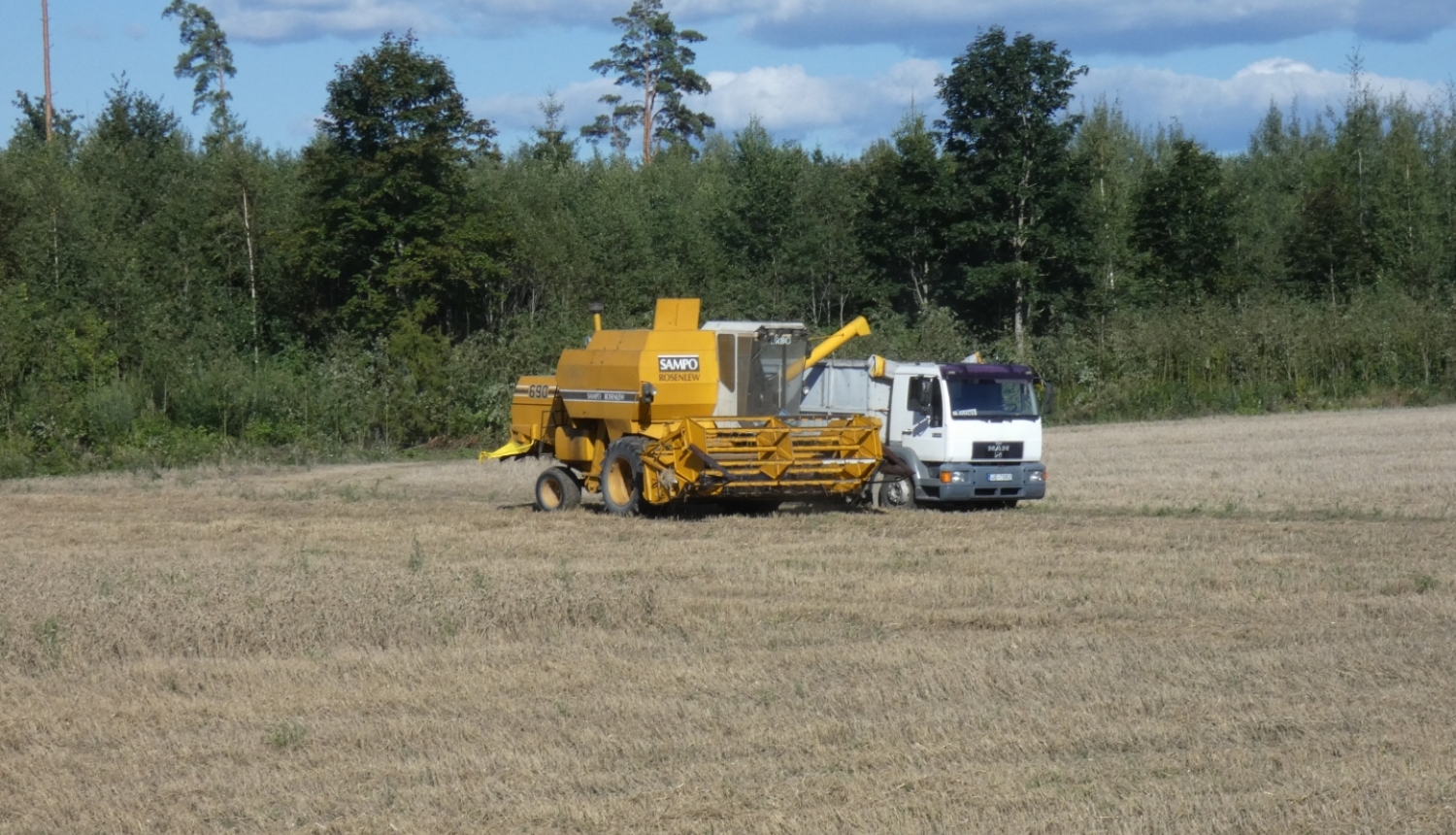On Wednesday, February 19, the European Commission (EC) published its vision for the future of the EU’s agriculture and food production sectors in the next EU planning period from 2028 onward (A Vision for Agriculture and Food).
Minister of Agriculture Armands Krauze stated: “It is essential that the document reaffirms the strategic importance of food production and agriculture – ensuring food supply for society and supporting the population and socio-economic activity in rural areas. However, when developing agricultural policy, it is crucial to recognize that the sector’s resiliance has been severely impacted in recent years by geopolitical tensions, various crises, devastating weather conditions, and other adverse factors that farmers and food producers must endure daily. No less important is ensuring that the new agricultural policy is initially designed to be compact, understandable, flexible, responsive, and with minimal administrative burden for producers and member states—so that years are not later needed to fix it.”
The EC’s vision foresees that agriculture and food production should be attractive and predictable industries, offering sufficient income for businesses and employees to actively attract the younger generation, ensuring the continuation of food production in line with consumer demands and purchasing power.
The Minister of Agriculture supports the fundamental principles proposed by the EC for the sector’s development. At the same time, in discussions with the EC and member states, the Ministry of Agriculture will continue to insist that the Common Agricultural Policy (CAP) conditions strengthen the competitiveness and development of Latvian farmers and food producers, ensure fair competition with producers from other EU countries, and guarantee affordable food prices for Latvian residents.
Following broader discussions among EU member states, farmers' and food producers' organizations, and EU institutions, the EC will then use this document as a basis to draft the new EU CAP. This policy, in effect during the next EU planning period from 2028 to 2034, will determine agricultural requirements, conditions for receiving EU support, and other relevant issues.



